
DHCP address assignment required is one of those check boxes that make you go huh, while you scratch your head, if you don't know how it works. Cisco's best pratice for voice is to disable this feature. However, keep in mind, if DHCP Addr. Assignment Required is selected, clients must obtain an IP address via DHCP. Any client with a static IP address is not allowed on the network.
The DHCP Required option in WLAN settings allows you to force clients to do a DHCP address
request/renew
every time they associate to the WLAN before they are allowed to send or receive other

traffic to the network.
From a security standpoint, this allows for a more strict control of IP addresses
in use, but also might have affects in the total time for roaming before traffic is allowed to pass again.
Additionally, this might affect some client implementations which do not do a DHCP renew until the
lease time expires. For example, Cisco 7920,7921 and 7925 phones might have voice problems while they roam if this option is enabled, as the controller does not allow voice or signaling traffic to pass until
the DHCP phase is completed.
Some third−party printer servers might also be affected. In general, it is a good idea not to use this option if the WLAN has non−Windows clients. This is because the more strict controls might induce connectivity issues, based on how the DHCP client side is implemented.
Additional Notes: The WLAN advance configuration has an option to require that a user must pass DHCP before going into the RUN state (a state where the client will be able to pass traffic through the controller). This option requires the client to do a full or half DHCP request. The main thing the controller is looking from the client is a DHCP request and a ACK coming back from the DHCP server. As long as the client does these steps, the client will pass the DHCP required step and move to the RUN state.
L2 - Roam—If the client has a valid DHCP lease and performs a L2 roam between two different controllers on the same L2 network, the client should not need to re-dhcp and the client entry should be completely moved to the new controller from the original controller. Then if the client does need to DHCP again, the DHCP bridging or proxy process on the current controller would transparently bridge the packet again.
L3 – Roam—In a L3 roam scenario the client is moving between 2 different controllers in different L3 networks. In this situation the client is anchored to the original controller and listed in the client table on the new foreign controller. During the anchoring scenario the client’s DHCP is handled by the anchor controller as the client data is tunneled within an EoIP tunnel between the foreign and anchor controllers.
SHOW WLAN <WLAN ID>
To confirm the current config, this option lives under the show wlan <WLAN ID>
(Cisco Controller) >show wlan 1
WLAN Identifier.................................. 1
Profile Name..................................... TEST
Network Name (SSID).............................. TEST
Status........................................... Enabled
MAC Filtering.................................... Disabled
Broadcast SSID................................... Enabled
AAA Policy Override.............................. Disabled
Number of Active Clients......................... 6
Exclusionlist.................................... Disabled
Session Timeout.................................. 1800 seconds
Interface........................................ management
WLAN ACL......................................... unconfigured
DHCP Server...................................... Default
DHCP Address Assignment Required................. Disabled
Quality of Service............................... Silver (best effort)
WMM.............................................. Disabled
CCX - AironetIe Support.......................... Enabled
CCX - Gratuitous ProbeResponse (GPR)............. Disabled
CCX - Diagnostics Channel Capability............. Disabled
Dot11-Phone Mode (7920).......................... Disabled
Wired Protocol................................... None
IPv6 Support..................................... Disabled
Peer-to-Peer Blocking Action..................... Disabled
Radio Policy..................................... All
<omitted>
CONFIG DHCP Address Assignment Required
Hummm... For the life of me I can not find the CLI command for this config. I will post it shortly, but here is the GUI command.
WLANs-->(click on SSID)--> ADVANCE TAB--> Check box DHCP Addr. Assignment Required
 Wednesday, December 30, 2009 at 11:52PM
Wednesday, December 30, 2009 at 11:52PM 
 George |
George |  2 Comments |
2 Comments | 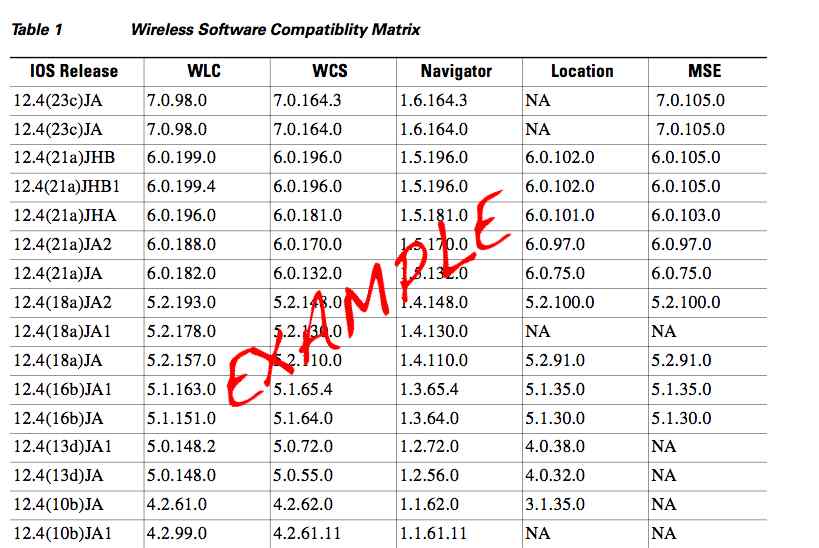



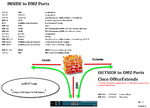
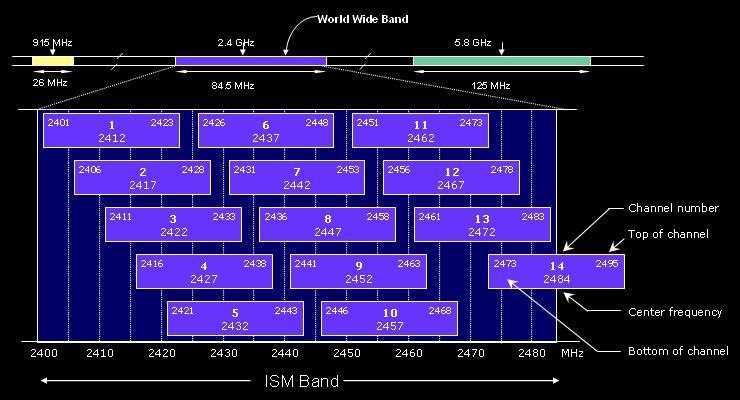
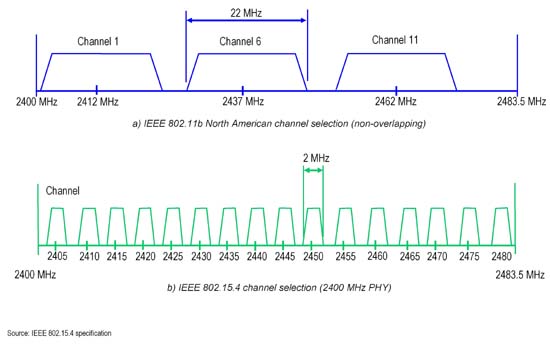
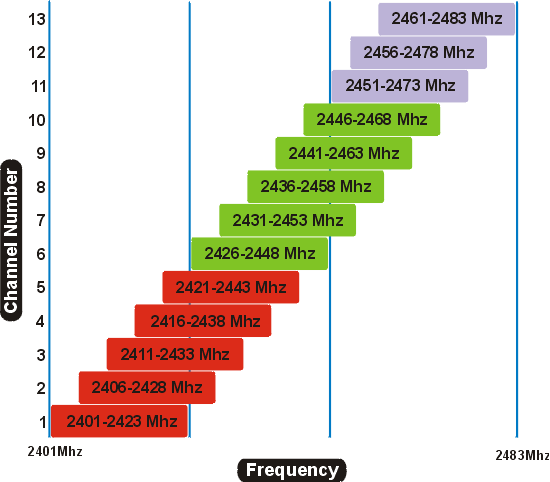

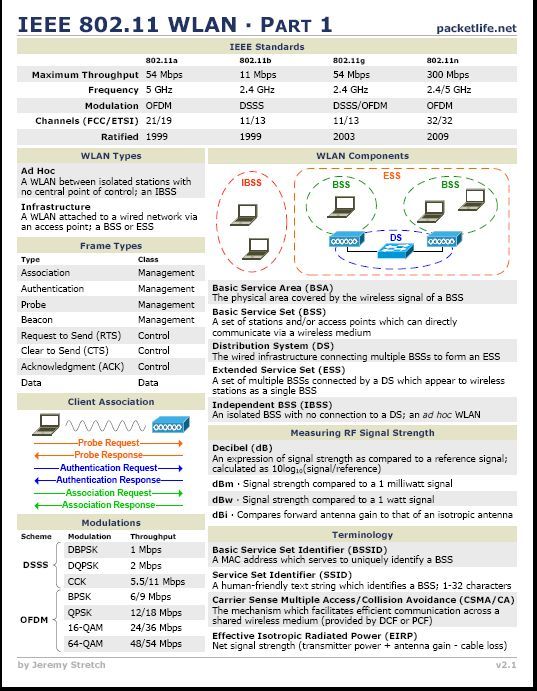
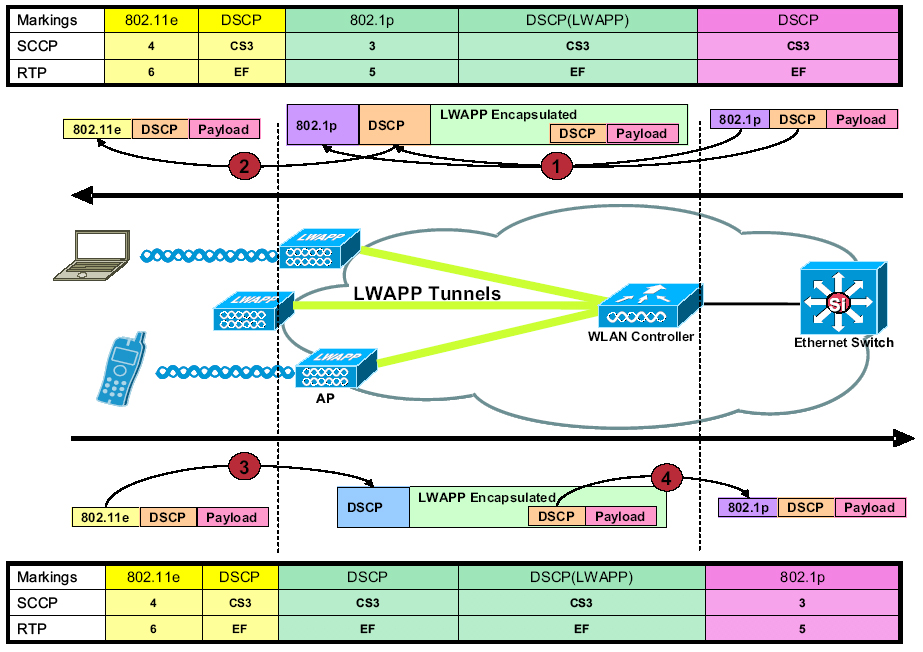
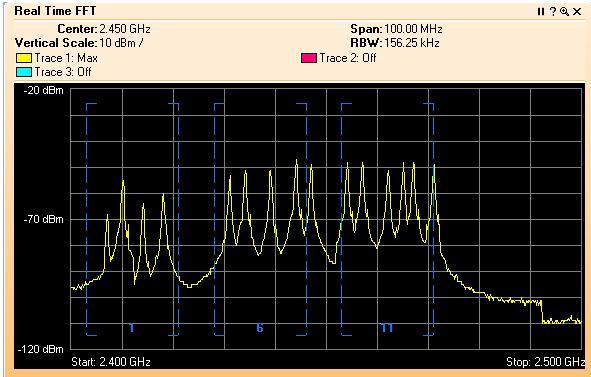
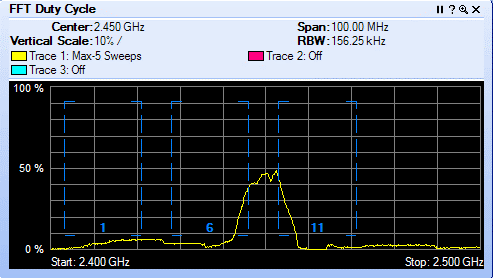
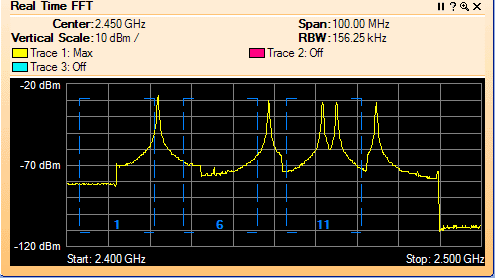
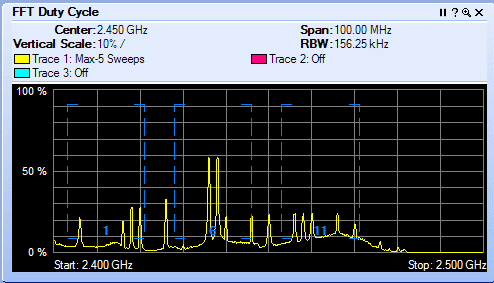
Reader Comments (2)
Thx, I need this informatioon. Coz I get trouble with my WFi.... GBU
How i can disable the "DHCP Address Assignment" via command line?